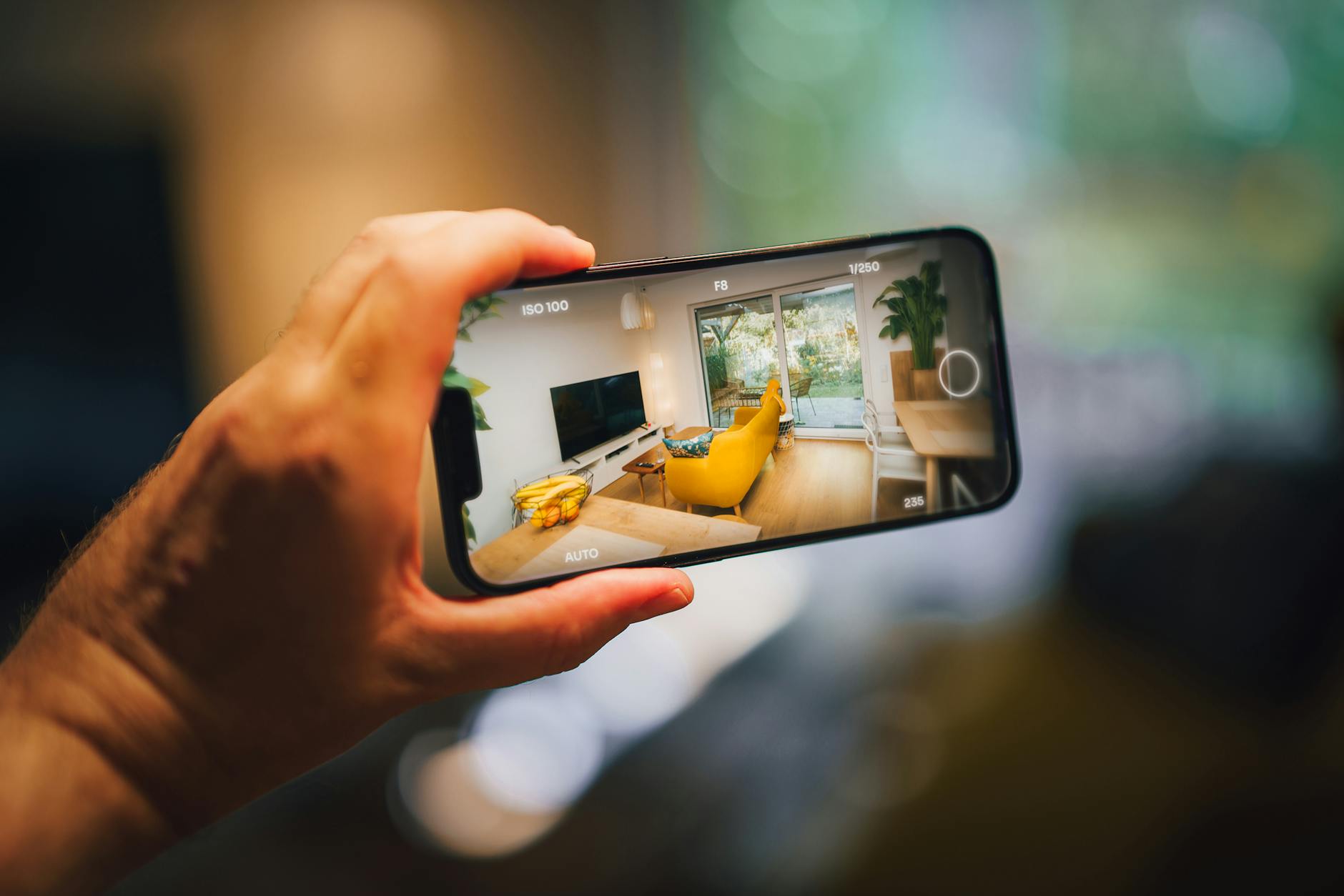The Roundtable: Did the PGA Tour Sell Its Soul?

Editor's Note: Welcome to our first monthly roundtable discussion. Each month, our five student editors will come together to debate a major issue shaping our world, bringing their unique perspectives from politics, science, culture, sports, and finance. This transcript has been lightly edited for length and clarity.
Yonghyuk Choi: Alright everyone, the story that nobody can stop talking about is the shocking truce in golf's civil war. To get everyone on the same page, maybe I can quickly set the scene on the sports side, and Anthony, you can cover the money.
So for the last two years, you had this brutal battle. On one side was the PGA Tour, the historical establishment of professional golf. On the other was LIV Golf, an upstart league backed by Saudi Arabia's Public Investment Fund, or PIF. LIV used massive, nine-figure guaranteed contracts to poach some of the world's biggest golf stars—Phil Mickelson, Dustin Johnson, Brooks Koepka. The PGA Tour responded by banning those players, and its commissioner, Jay Monahan, framed the conflict as a moral war for the "soul of the game," even invoking the 9/11 attacks to shame players for taking Saudi money. It was a very bitter, very public fight.
Anthony Min: Exactly. And it was an incredibly expensive fight. Both sides were spending tens of millions of dollars on antitrust lawsuits. To stop more players from defecting, the PGA Tour had to create a new series of "elevated events" with massively inflated prize funds, committing billions of dollars it didn't necessarily have. The key fact here is the financial mismatch. The PGA Tour is a non-profit that relies on TV deals and sponsors. The PIF is a sovereign wealth fund with an estimated $700 billion in assets. It was a financial war the Tour could never win in the long run.
Yonghyuk Choi: So with that as the backdrop, on June 6th, they suddenly announce a merger. All the lawsuits are dropped, and the PIF becomes the primary investor in a new, unified golf entity. Which brings us to the big question: what just happened here? Was this a brilliant business move, a moral failure, or something else entirely? Saerom, from your perspective in the US, what was the feeling on the ground?
Saerom Kim: It felt like a profound betrayal. I mean, the Tour sold a story, and the players and fans bought into it. The narrative was about loyalty and history versus easy money. We all watched as players like Rory McIlroy and Tiger Woods became the public faces of this moral stand, turning down hundreds of millions of dollars to protect the institution. Then they, and all the fans who supported them, find out on Twitter that the institution had secretly sold itself to the very people it was telling them to fight. It makes the whole thing feel like a lie.
Anthony Min: I don't disagree that it was a betrayal of the players, but they fundamentally misunderstood the game they were in. They thought they were in a culture war; the PIF was in a business negotiation. The players' loyalty, while admirable, was a non-financial asset that the Tour cashed in to secure its survival. It’s brutal, but when you're facing an existential financial threat, you use every asset you have to get the best possible exit.
Minwoo Jung: I think we need to frame this even more broadly. This wasn't a business negotiation; it was a foreign policy maneuver. What we're witnessing is a flawless execution of a soft power strategy by Saudi Arabia as part of its "Vision 2030" plan. For a few billion dollars—a rounding error for the PIF—they have effectively purchased a controlling stake in a beloved, culturally significant Western institution. They did the same with Newcastle United in English football and have a huge presence in Formula 1. It’s about rebranding a nation and buying influence on the world stage.
Yehee Jung: That framing makes a lot of sense, Minwoo. It feels like a systemic issue. An institution like the PGA Tour is supposed to have a set of core values—its "immune system"—that protects it from being co-opted. What this merger suggests is that the immune system of almost any cultural institution has a price. The PIF's offer was so massive that the Tour's antibodies—its sense of history, its stated moral principles—simply failed. It raises a huge ethical question: what is the social responsibility of a sporting body? Is it just to maximize revenue?
Yonghyuk Choi: And it creates a mess on the field. How do the LIV players come back? Is there a penalty? Do the loyal PGA Tour players get some kind of reward? The personal animosity between these players was very real, and now they're supposed to be one big happy family. It feels completely unsustainable.
Anthony Min: It's sustainable if the money is right. The PIF has all the leverage. My prediction: the LIV players will come back with no penalty. The loyal PGA Tour players will get a nice 'thank you' bonus that is a fraction of what they turned down. The PIF will get board seats and a huge say in the future of the sport. The entity that emerges will be financially stable and unified. That's the end game.
Saerom Kim: It just feels cynical. It’s hard to cheer for a balance sheet. It takes the story away from the fans and makes it all about the money.
Minwoo Jung: But perhaps that's a more honest reflection of the world we live in. International relations, and by extension international business, is about interests, not loyalty. The fans and players are learning a hard lesson that states and large corporations have always known. The world is multipolar now, and that doesn't just apply to military power. It applies to culture and sports, too. This is what that looks like.
Final Thoughts
Yonghyuk Choi: The civil war is over, but I worry the peace has destroyed the very narrative that makes the game compelling.
Anthony Min: In a fight between a business and a sovereign wealth fund with unlimited capital, the sovereign wealth fund will always win.
Saerom Kim: This deal reminds us that for fans, sports are about loyalty and identity; for the business of sports, fans are often just consumers.
Yehee Jung: What is the price of an institution's soul, and what does it mean for society when we discover it's for sale?
Minwoo Jung: This was less a sports merger and more the quiet, successful purchase of cultural power on the world stage.
What do you think? Did the PGA Tour make a necessary deal, or a deal with the devil? Let us know your thoughts in the comments below.



